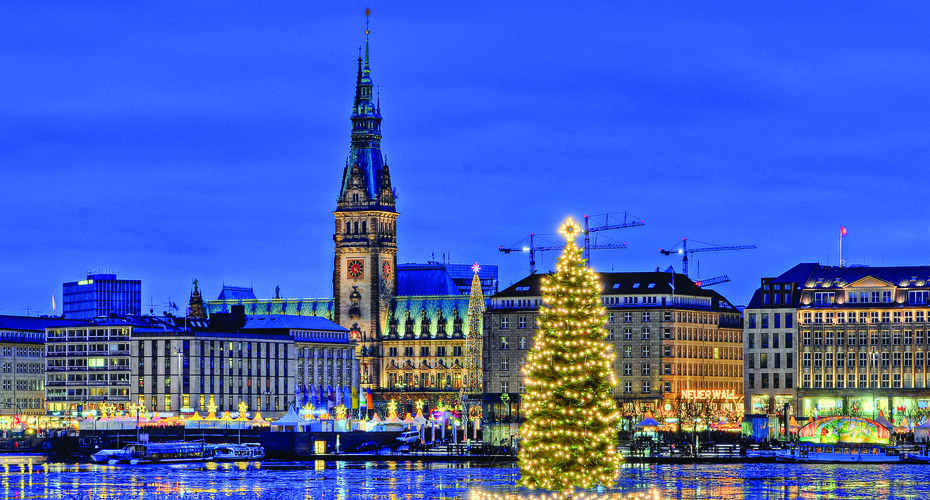German
German provides a passport to a diverse community of well over 100 million speakers, to a treasure trove of European culture and to a major economy whose political, diplomatic and economic influence reaches across the world.
German at Exeter is an internationally recognised centre of teaching and research excellence, and a friendly and supportive academic community. Our student numbers are large enough to allow a diverse and vibrant learning experience, yet small enough for us to know our students individually and to support them with their studies. German at Exeter is characterised by a wide-ranging approach to the society, literature, history and culture of the German-speaking world past and present.
Our optional cultural modules include literature, film, the cultural history of the German speaking countries, museum studies, medical and queer history and migration. Material studied is based on diverse media, including films and documentaries, literary texts, statistics, visual arts and historical documents. We have carefully designed pathways focusing on core language teaching either from post A-level or Beginners level; your language study will be guided by native speakers of German; our non-native speakers of German bring the understanding of having gone through the process of learning German themselves.
Our students pursue a variety of international placements, including work placements, such as in the car industry, museums, and football clubs; English Language Assistantships with the British Council in Austria, Germany or Switzerland; study at one of our partner universities (among them larger and smaller cities such as Berlin and Vienna, Tübingen and Würzburg) or combining work placements with study. For more information, please see our International Placement page.
For further information about our course and study at Exeter, please contact Professor Ulrike Zitzlsperger at u.c.zitzlsperger@exeter.ac.uk




